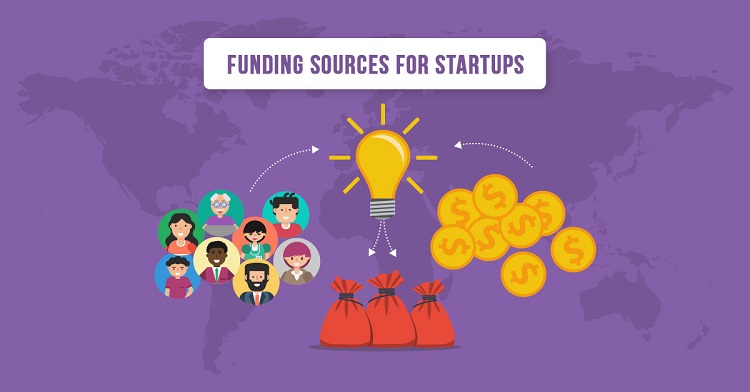Understanding Sources of Funding for Startups

Starting a business is an exciting venture, but it can also be a daunting one. One of the biggest challenges for startups is securing funding. Without adequate funding, it can be difficult to get a business off the ground and achieve success. In this article, we will explore the various sources of funding available for startups.
1. Bootstrapping
Bootstrapping is a term used to describe the process of starting a business with little or no external funding. This means that the founder(s) use their own personal savings or resources to get the business up and running. While bootstrapping can be challenging, it has its advantages. For one, it allows the founder(s) to maintain complete control over the business. Additionally, it forces the founder(s) to be resourceful and creative in finding ways to grow the business without relying on external funding.
However, bootstrapping also has its limitations. Without external funding, it can be difficult to scale the business quickly. Additionally, if the founder(s) run out of personal resources, they may not have any other options for funding.
2. Friends and Family
Another common source of funding for startups is friends and family. This involves asking friends and family members to invest in the business in exchange for equity or a share of the profits. This can be a good option for startups that are just starting out and need a small amount of funding.
However, it’s important to approach friends and family with caution. Mixing personal relationships with business can be risky, and it’s important to have a clear agreement in place to avoid any misunderstandings or conflicts down the line.
3. Angel Investors
Angel investors are wealthy individuals who invest in startups in exchange for equity or convertible debt. Angel investors typically invest in early-stage startups and can provide not only funding but also valuable advice and connections.
To attract angel investors, startups need to have a strong business plan and a compelling pitch. It’s also important to have a clear understanding of the terms of the investment, as angel investors may require a significant amount of equity in exchange for their investment.
4. Venture Capitalists
Venture capitalists are professional investors who invest in startups in exchange for equity. Unlike angel investors, venture capitalists typically invest larger amounts of money and are more focused on later-stage startups that have already demonstrated some level of success.
To attract venture capitalists, startups need to have a strong track record of growth and a clear plan for how they will continue to scale the business. Venture capitalists may also require a significant amount of control over the business, so it’s important to carefully consider the terms of the investment before accepting funding.
Conclusion
Securing funding is one of the biggest challenges for startups, but there are many sources of funding available. Whether you choose to bootstrap, seek funding from friends and family, or pursue investment from angel investors or venture capitalists, it’s important to carefully consider your options and choose the source of funding that is right for your business. By doing so, you can give your startup the best chance of success.






